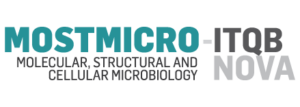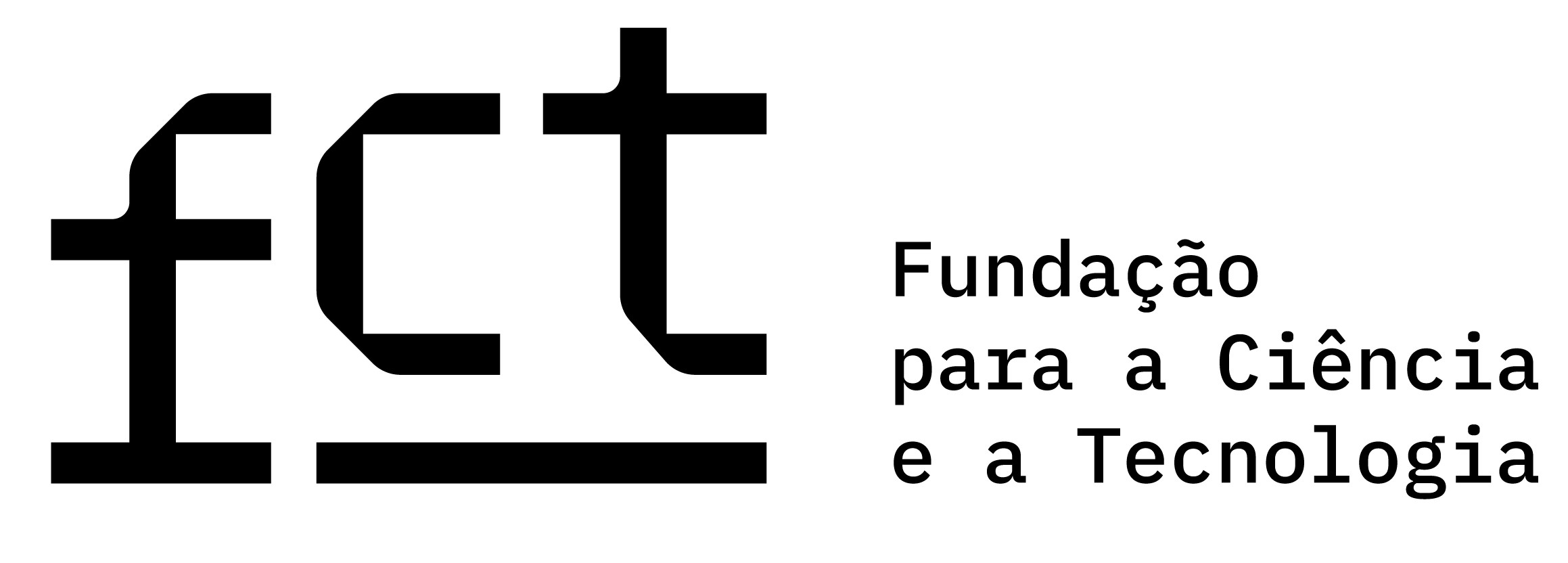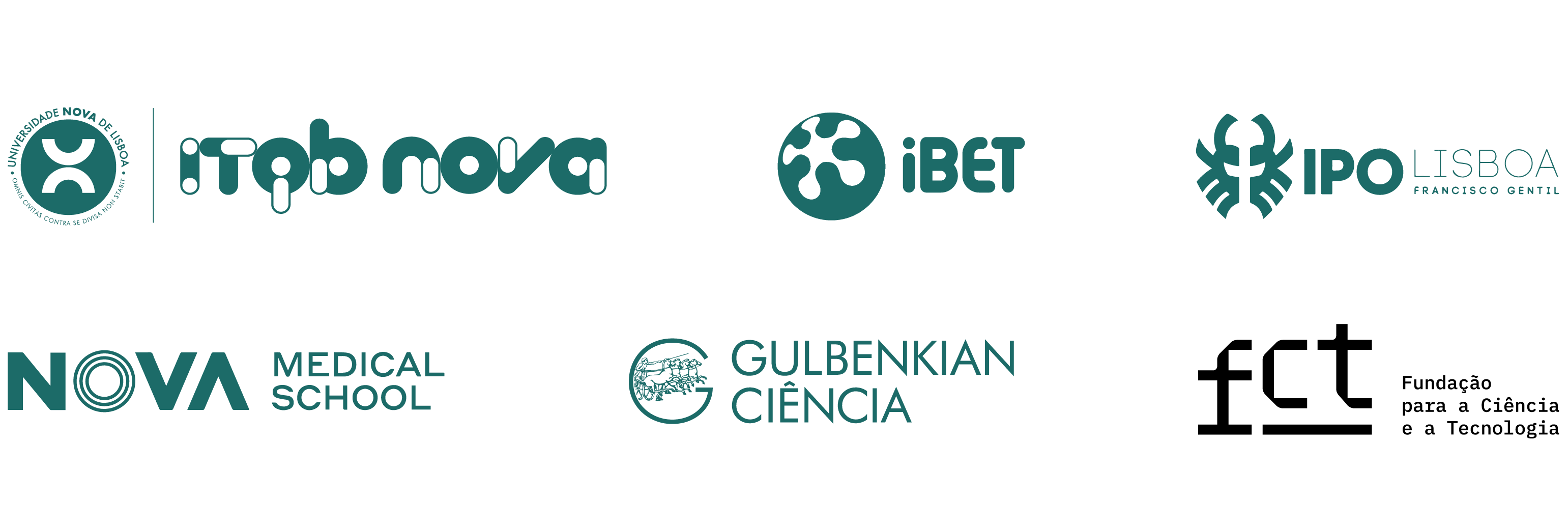The Associate Laboratory LS4FUTURE is supported by Fundação para a Ciência e a Tecnologia (FCT, Portugal) through the funding LA/P/0087/2020 (DOI 10.54499/LA/P/0087/2020).
© Copyright – LS4FUTURE | The Associate Laboratory Life Sciences for a Healthy and Sustainable Future | Privacy Policy | Webdesign by Science Crunchers
The Associated Laboratory LS4FUTURE is supported by Fundação para a Ciência e a Tecnologia (FCT, Portugal) through the funding LA/P/0087/2020.
© Copyright – LS4FUTURE | The Associate Laboratory Life Sciences for a Healthy and Sustainable Future | Privacy Policy | Webdesign by Science Crunchers







